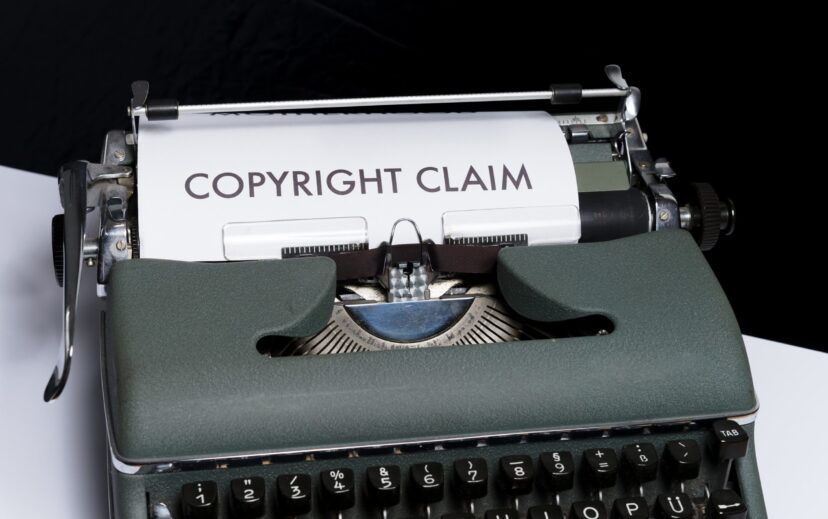Whether your work is protected as a registered copyright, patent, or trademark, it is legally safeguarded from being used by others without your permission. Unfortunately, this doesn’t always stop potential infringers from stealing or misusing it. If you learn that your intellectual property has been stolen or misappropriated, there are a few steps you can take — including pursuing legal action.
Send a Request to Stop Infringement
In cases involving intellectual property theft, the first step is usually sending the infringer a demand to stop using your intellectual property. Also known as a “cease and desist” letter, the request should include information regarding the intellectual property infringed upon, how the work is protected, and the action you wish the infringer to take. You should also include a deadline by which time you wish the infringer to stop using your intellectual property — and notify them that you will take legal action should they fail to do so.
Notably, the cease and desist letter you send to the infringer may later be used in any potential lawsuit you file — it’s crucial to ensure it is legally sound, effectively drafted, and contains the necessary elements.
Sometimes, infringement is inadvertent. In situations where the party had no intention of stealing your intellectual property and was not aware that they were doing so, they may willingly stop using it or agree to compensate you for its use. If the party refuses to stop using your intellectual property, it may be necessary to file a lawsuit to enforce your rights.
How to Pursue Legal Action
Intellectual property theft is taken very seriously and can result in civil charges and criminal fines. Depending on the facts and circumstances of your case, an intellectual property infringement lawsuit may either be brought in New York state court or federal court. Generally, cases brought in federal court can result in more severe penalties.
It’s important to understand that intellectual property must be registered in order to assert your copyright or patent rights. Although you can still bring a trademark infringement action for an unregistered work, your rights may be geographically limited.
By taking legal action, you may be entitled to monetary damages, including your economic losses, profits made by the infringer from using your intellectual property, attorney’s fees, and punitive damages. You may also be able to obtain an injunction to stop the infringer from using your intellectual property or apply for a court order requesting that the infringing products are destroyed.
Additionally, if you believe that you were the victim of an intellectual property crime such as counterfeiting or theft of trade secrets, you can report it to the federal authorities by contacting the National IPR Coordination Center or an FBI field office. While an individual or company may pursue a civil remedy, criminal penalties may also be warranted to punish an infringer or deter them from future wrongdoing. The Department of Justice pursues intellectual property crimes aggressively — and many intellectual property violations are charged as felonies.
Conclusion
If your intellectual property has been infringed upon, it’s vital to take the necessary legal measures to protect your rights. Contact our experienced team of attorneys today to learn how we can help.
Photo by Markus Winkler on Unsplash





